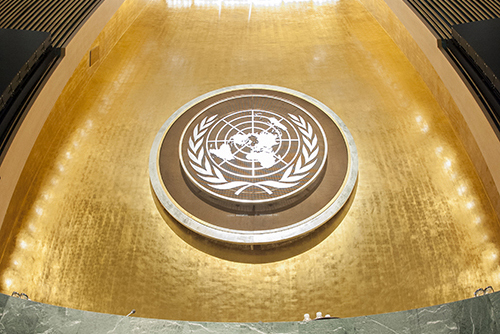- Joined
- Feb 25, 2017
- Messages
- 3,864
- Reaction score
- 3,107
- Gender
- Male
- Political Leaning
- Undisclosed
We can use some of the language in the 5th amendment of the US Constitution as a basis for what due process is here.
"No person shall be deprived of life, liberty, or property, without due process of law"
If you have different ideas about what due process is, then answer appropriately and explain what you think is different. If you aren't satisfied with the poll options, then please explain your rationale below.
I think this is relevant now because it has become clear that some people think that this isn't a human right, but a privilege extended to certain classes of people e.g. citizens of the country where they are present. While there are legal questions about how rights are preserved and maintained in an international context but for this poll I just want to see how people feel from a moral perspective - it's not about specific legal mechanisms for enforcement.
"No person shall be deprived of life, liberty, or property, without due process of law"
If you have different ideas about what due process is, then answer appropriately and explain what you think is different. If you aren't satisfied with the poll options, then please explain your rationale below.
I think this is relevant now because it has become clear that some people think that this isn't a human right, but a privilege extended to certain classes of people e.g. citizens of the country where they are present. While there are legal questions about how rights are preserved and maintained in an international context but for this poll I just want to see how people feel from a moral perspective - it's not about specific legal mechanisms for enforcement.

